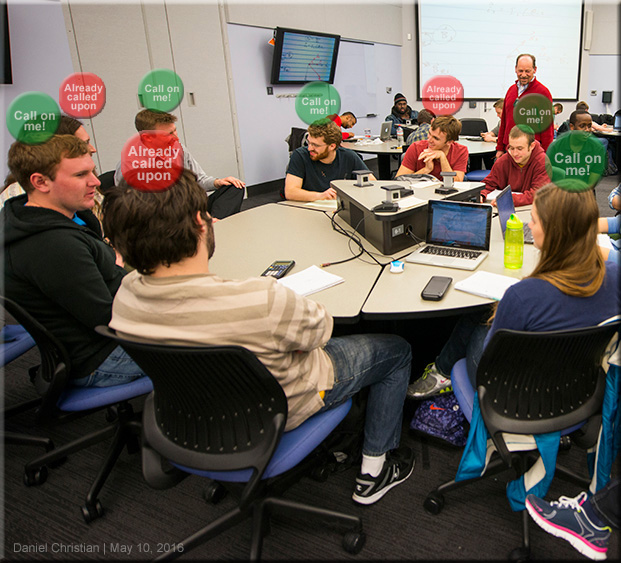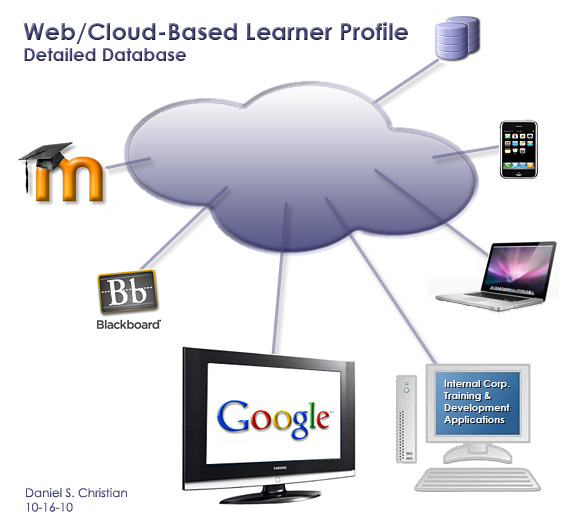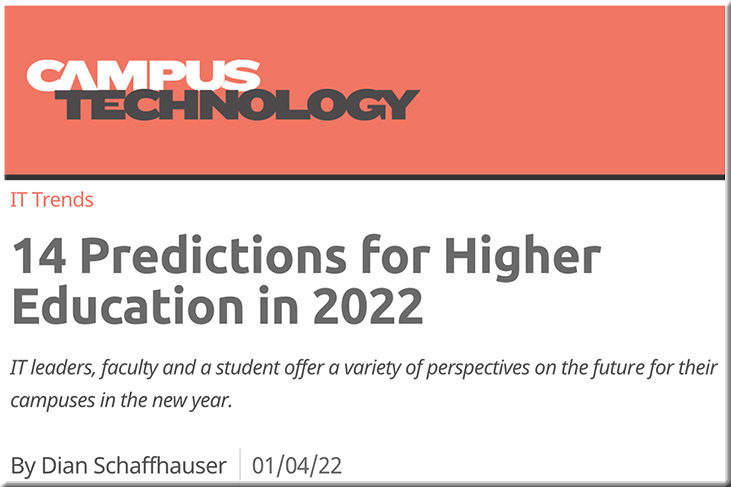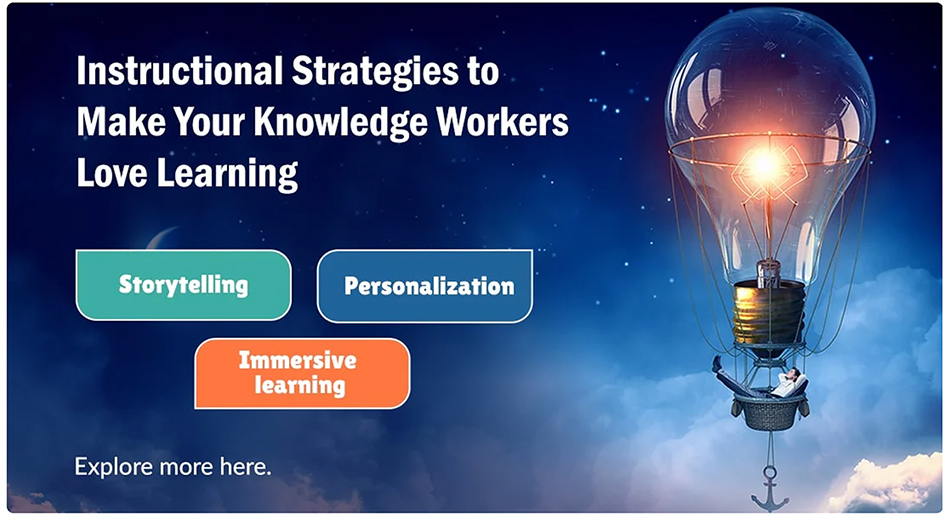Make a commitment to learn, grow, develop and advance in your career — from chieflearningofficer.com by Maria Rodriguez
No matter what you do, what title you hold or what industry you are in, you owe it to yourself to be intentional about your own professional development.
Excerpt:
As a new year begins, create a plan so you can be intentional on how you will spend your time and energy toward your career over the next year. Set your own career goal if you do not have one already, and establish a development plan that includes a list of actions you will take this year to expand and improve your knowledge and skills. As you plan for your career growth, consider the following…
From DSC:
This is what I mean by the need for each of us to be intentional as we seek to enhance our own, personal learning ecosystems.













